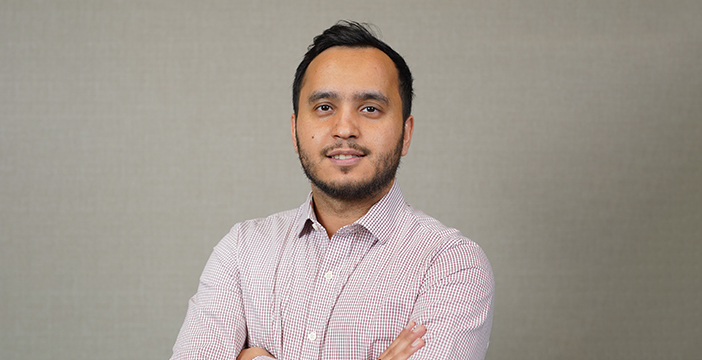Dr. Vasfi Onur Ozen joins Habib University as Global Fellow Comparative Humanities. With a Ph.D. in Philosophy from The University of Kansas, he specializes in European Philosophy, Moral Psychology, and Philosophy of Action. His research explores the intersections of ethics, social philosophy, and self-knowledge, drawing from the 19th-century post-Kantian tradition and contemporary moral psychology, with his dissertation focusing on empathy and the will. Dr. Özen has published scholarly articles in prominent journals such as Nietzsche-Studien and the British Journal for the History of Philosophy. He is also an active member of the philosophical community, having presented at international conferences and serving as a reviewer for academic journals and publishing houses.
Dr. Edward Moad, joins Habib University as Professor for comparative humanities, a Professor of Philosophy he holds a Ph.D. from the University of Missouri-Columbia and specializes in Islamic and Comparative Philosophy within the Department of Comparative Humanities. His research examines metaphysics, moral epistemology, and the philosophy of religion, often drawing connections between classical Islamic thought, such as the ‘Incoherence’ debate between Al-Ghazali and Ibn Rushd, and contemporary philosophical issues like the nature of time, modality, and causality. Committed to advancing philosophical education, Dr. Moad has played a key role in curriculum development, including establishing the first bilingual Minor in Philosophy in both English and Arabic at Qatar University.
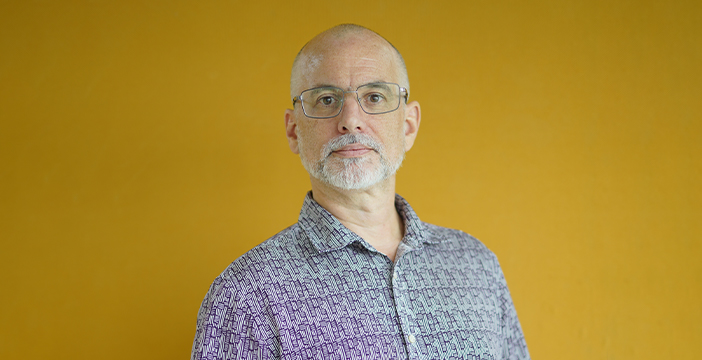
Dr. Hadiqa Maqsood joins Habib University as Assistant Professor Integrated Sciences and Mathematics, a Fulbright and Commonwealth Scholar with a Ph.D. in Biosystems Engineering from the University of Arizona, she specializes in water resource management, sustainable agriculture, and computational environmental modeling. Her interdisciplinary work integrates artificial intelligence with biosystems engineering to address challenges in climate-resilient irrigation, hydrological modeling, and GIS-based flood and drought mapping, contributing to international development projects for organizations such as the USDA, USAID, and the World Bank. Beyond her research, Dr. Maqsood is an active science communicator and educational coach through her platform, The Blue Cube, where she supports students worldwide with study abroad planning, AI-based learning tools, and personal development mentorship.
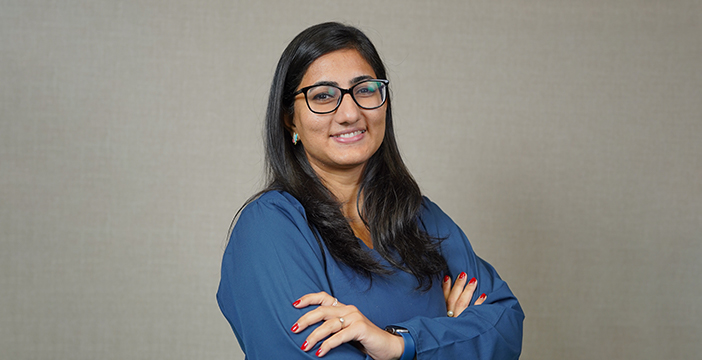
Dr. Hamad Ejaz joins Habib University as Assistant Professor Social Development and Policy, he completed his Ph.D. in Political Science from Georgia State University. Dr. Ejaz is a political behavioralist focusing on democratic responsiveness, political polarization, and public opinion. With over a decade of teaching experience in both Pakistan and the United States, he employs a deeply interdisciplinary and student-centered pedagogy, creating inclusive, discussion-based classrooms that integrate research. His work, which examines how citizens perceive democracy and how political systems respond to public attitudes, has been published in top-tier journals such as Electoral Studies and Political Science Research and Methods. At Habib University, Dr. Ejaz is dedicated to fostering students’ critical understanding of politics and developing their civic awareness and analytical rigor.
Dr. Imran Naseem joins Habib University as Associate Professor Computer Science, holds a Ph.D. in Machine Learning from the University of Western Australia. He is a distinguished researcher and AI expert with over two decades of experience in Artificial Intelligence, Machine Learning, and Signal Processing. He has served as the AI R&D Manager at Alexa Translations in Canada, leading large-scale initiatives in Neural Machine Translation and Large and Small Language Models to bridge cutting-edge research with real-world applications in NLP, computer vision, and biometric systems. Alongside this, he maintains a strong academic presence as a Professor at the Karachi Institute of Economics and Technology and an Adjunct Associate Professor at his alma mater, where he has supervised numerous graduate theses and contributed to international collaborations in adaptive algorithms and AI-driven security systems.
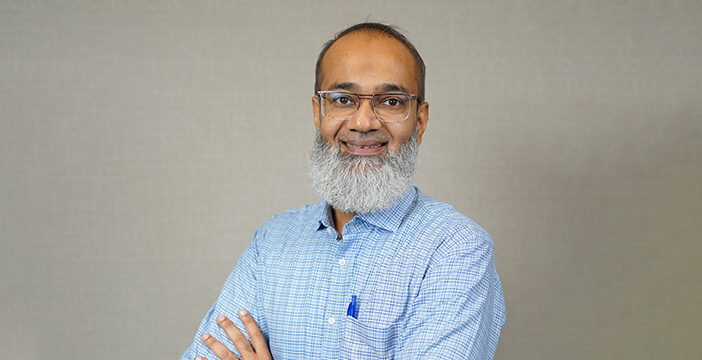
Dr. Muhammad Faraz joins Habib University as Assistant Professor Social development and Policy, he completed his Ph.D. in Political Science at the University of Massachusetts Amherst, where his research specialized in comparative political theory, public law, and judicial politics in South Asia. His dissertation quantitatively and qualitatively explored the role of elite jurists in shaping modern Islamic law in Pakistan, analysing 110 legal cases and conducting 33 in-depth interviews. Complementing his research, Dr. Faraz brings extensive teaching and mentorship experience from his six years as a Graduate Teaching Assistant at UMass Amherst and his roles in global academic programs. His academic leadership includes serving as Chair of the Curricular Advisory Board for the Millennium Campus Network and mentoring under represented students through research fellowships.
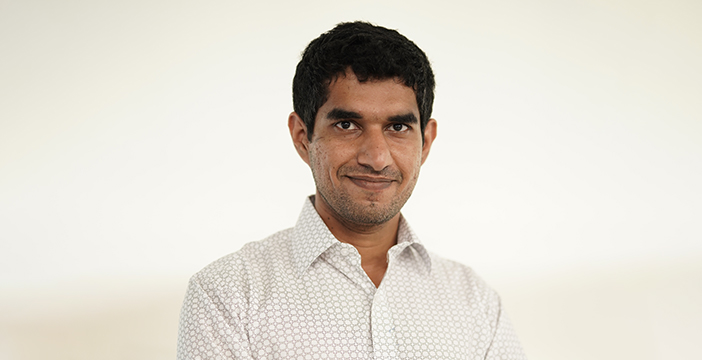
Dr. Naveed Razzaq Butt joins Habib University as Assistant Professor Computer Engineering. He earned his Ph.D. in Mathematical Statistics from Lund University and is an accomplished researcher and academic leader with over twenty years of experience in mathematical modeling, statistical signal processing, and machine learning. His career spans key industrial and academic roles, including Senior Researcher at Ericsson in Sweden and Dean of the Faculty of Engineering Sciences at GIK Institute. Dr. Butt’s prolific research output includes 15 journal articles, 26 conference publications, and 8 granted U.S. patents, developed through collaborations with organizations like the Swedish Defence Research Agency and Careem. As an educator, he has taught a wide range of courses in applied mathematics and engineering, employing a philosophy that emphasizes motivation, intuition, and real-world problem-solving to inspire his students.
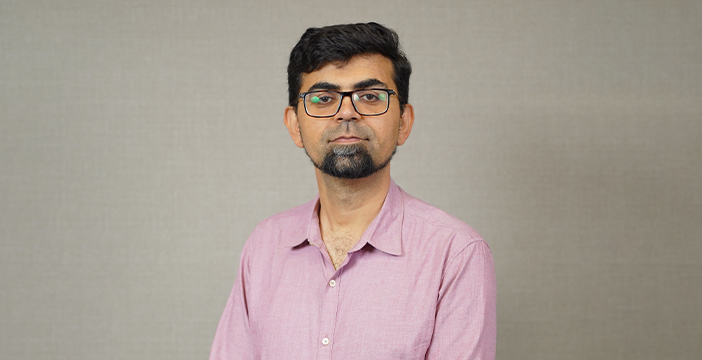
Dr. Peter (Ibrahim) Polak-Springer joins Habib University as Associate Professor Comparative Humanities. He completed his Ph.D. in History from Rutgers University and is a historian specializing in border studies, transnational history, and cultural history, with a focus on Central Europe and the Middle East from 1918 to the present. His research adopts comparative perspectives to explore partition, forced migration, nationalism in sacred spaces, and the representation of European history in Arab-world textbooks. He is the author of a monograph on the contested Upper Silesia borderland and has published in leading journals such as the Journal of Borderlands Studies and Contemporary European History. A recipient of prestigious fellowships from the ACLS, Mellon Foundation, and Fulbright-Hays, Dr. Polak-Springer has taught a wide range of courses on European, Gulf, and global history at institutions including Qatar University, Rutgers, and the Europa-Universität Viadrina.

Dr. Rehan Malik joins Habib University as Assistant Professor Social Development and Policy. He holds a Ph.D. in Policy Analysis from the Pardee RAND Graduate School and is a policy and strategy expert with a distinguished career spanning academia, consulting, and research. His professional experience includes roles as a Manager of Strategy & Operations at Deloitte Consulting LLP, where he was a national leader in energy and climate strategy and directed a major renewable energy vision project, and as a Doctoral Fellow at the RAND Corporation. His teaching portfolio encompasses Public Policy Analysis, Environmental Economics, and Corporate Strategy, while his research focuses on Institutional Design, Energy Transitions, ESG Reporting, and the Political Economy of Education.
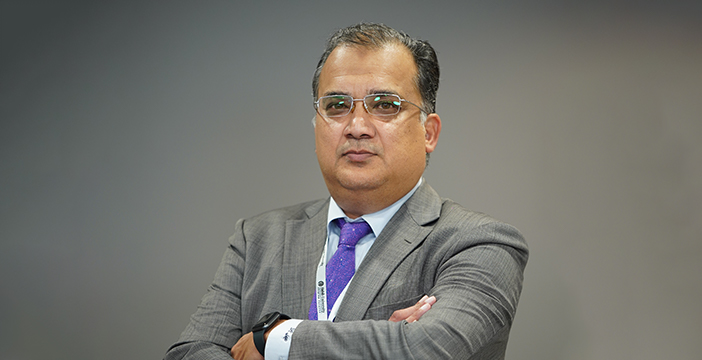
Dr. Susanne Kathrin Beiweis joins Habib University as Assistant Professor Comparative Humanities, she completed her Ph.D. in Philosophy from the University of Vienna and is an expert in the history of philosophy and ideas, specializing in Renaissance and Early Modern Philosophy. Her research focuses on Renaissance Platonism, Ficino, and Renaissance magic, examining how this tradition of learned magic contributed to the emergence of modern science. Dr. Beiweis has held academic appointments in Canada and Asia, including as a Visiting Assistant Professor at Mount Allison University and a Research Associate at Sun Yat-sen University, and has further enriched her work with research fellowships in Finland, Austria, and Germany. She has published her findings extensively in prominent peer-reviewed journals and edited volumes.
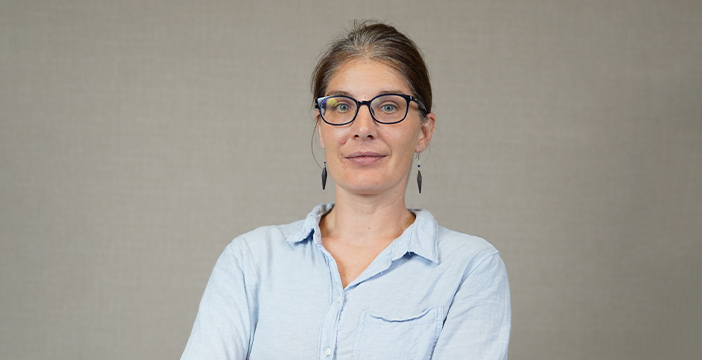
Dr. Zafar Iqbal joins Habib University as Assistant Professor Computer Science. He is a computational neuroscientist and machine learning researcher with expertise in fMRI data analysis, self-supervised learning, and interpretable AI. He earned his Ph.D. in Computer Science from Georgia State University, where he developed a pioneering “Time Reversal” pre-training methodology for modelling temporal neuroimaging data, enhancing performance on biomedical datasets with limited samples. His research bridges the gap between computational neuroscience and AI, with a strong emphasis on model transparency and real-world applicability. Dr. Iqbal has published in leading venues including IEEE IJCNN, Brain Sciences, and High-Confidence Computing, and has presented his work at prestigious forums such as the Organization for Human Brain Mapping and ICCABS. As an educator, he has taught courses in Machine Learning, Computer Networks, and Digital Logic & Design at Georgia State University and Karakorum International University, integrating theoretical foundations with hands on application to foster analytical thinking and problem-solving skills in his students.
Dr. Zubair Irshad joins Habib University as Assistant Professor Computer Science. He is an accomplished AI and Robotics researcher with a Ph.D. in Mechanical Engineering from the Georgia Institute of Technology, specializing in Artificial Intelligence and Deep Learning. His work spans academia and industry, with expertise in 3D perception, robot learning, foundation models, and multimodal AI. Dr. Irshad has published over 20 peer-reviewed papers at leading conferences such as CVPR, ICCV, ECCV, ICRA, and IROS and actively serves as a reviewer for major conferences including NeurIPS and ICLR. Beyond research, he has mentored various researchers, co-organized workshops at leading conferences, and assisted in teaching multiple courses in deep learning and robotics.
Anum Naseer joins Habib University as Assistant Professor Communication and Design. She is an illustrator, educator, and completed her MFA in Illustration at the Rhode Island School of Design (RISD), USA, where she also earned a Certificate in Collegiate Teaching. Her academic journey combines creative practice with critical inquiry, supported by her M.Phil. in English Literature from Forman Christian College (Magna Cum Laude with Distinction) and a B.A. (Hons) in English Literature from Kinnaird College. At RISD, she has served as a Teaching Assistant in courses such as Character Creation and History of Illustration, and as a Research Assistant at the Center for Complexity, co-authoring work on climate grief rituals. Previously, she taught as a Permanent Lecturer at Government College University and a Visiting Lecturer at Kinnaird College, curating exhibitions and integrating interdisciplinary approaches in art and literature.
Areeba Aziz Rajput joins Habib University as Lecturer Electrical & Computer Engineering. A Fulbright Scholar, she earned a Masters in Electrical and Computer Engineering from Northeastern University. During her Masters, she worked at the North eastern Field Robotics Lab, where her research focused on designing a compact visual inertial odometry system for underwater ROVs to maintain navigation in visually compromised environments. She was also selected for the SDU International Summer School at the University of Southern Denmark to explore cutting-edge research in robotics. In terms of industry experience, Ms. Rajput has worked at K-Electric from 2018-2020, first as a Trainee Engineer and then as an Assistant Manager in the Project Department, where her team was responsible for planning all transmission-related projects across Karachi.
Dr. Ali Imran joins Habib University as Assistant Professor Integrated Sciences and Mathematics. He is a scientist with a strong background in biophysics and cancer research, most recently serving as a Senior Scientist at Pfizer. His expertise lies in using advanced biophysical experimental and computational techniques to explore oncogenic mutations and their effects on protein recognition. Dr. Imran has experience in high-throughput assays such as Biolayer Interferometry (BLI) and Surface Plasmon Resonance (SPR), as well as computational approaches including Ensemble learning and Molecular Dynamics. He has contributed to the optimization of biosensor technologies that use nanopores to quantify protein interactions and detect cancer biomarkers. Dr. Imran holds a Ph.D. in Physics from Syracuse University, where his doctoral research focused on the biophysical quantification of protein interactions. He has taught several undergraduate courses in physics and has published multiple papers in high-impact journals.
